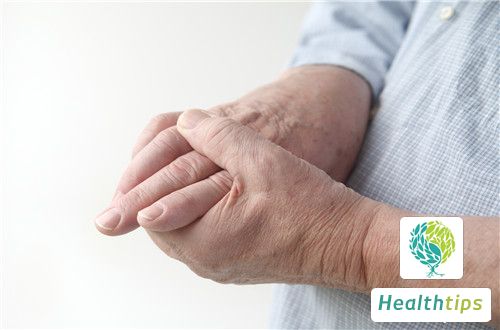Does White Vinegar Have an Anti-inflammatory and Antibacterial Effect?
White vinegar is a commonly used condiment in cooking. Adding a little white vinegar to dishes can enhance their flavor, improve appetite, and prevent the loss of nutritional value in vegetables. However, the benefits of white vinegar extend beyond its culinary uses, including its antibacterial and disinfectant properties.

Firstly, does white vinegar have disinfectant properties? Yes, white vinegar possesses strong antibacterial and disinfectant qualities. A 5% solution of white vinegar can kill 99% of bacteria, 82% of mold, and 80% of viruses, making it an effective cleaner for household use. It is not only easily accessible but also very affordable. During the SARS epidemic, using white vinegar to disinfect rooms was a popular method. Similarly, it can be used to disinfect areas with sick individuals or children by boiling it.
Secondly, how can white vinegar be used for disinfection? One method is to pour white vinegar into an electric rice cooker and place it in the room to be disinfected. Once the power is turned on and the vinegar starts to boil, it will evaporate and spread throughout the room. It is important to keep adding vinegar to the cooker to prevent it from drying out. Another method is to boil the vinegar and spray it onto tiled floors for disinfection. However, spraying vinegar on carpets or wooden floors is not recommended. To disinfect larger spaces, mix white vinegar with water (approximately 5-10 ml per cubic meter) in an enamel or small pot and boil it. The resulting vapor will disinfect the entire room.
Lastly, what are the precautions for using white vinegar for disinfection? After disinfecting with vinegar, it is essential to wait for a while before opening the windows to allow the vinegar's disinfectant properties to fully take effect. People can temporarily move to another room and open the windows slightly after a period of time to ventilate the area and dispel the vinegar smell.



















